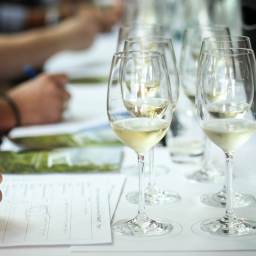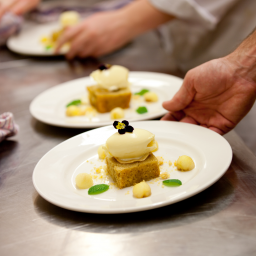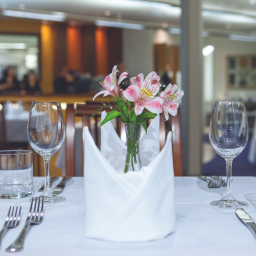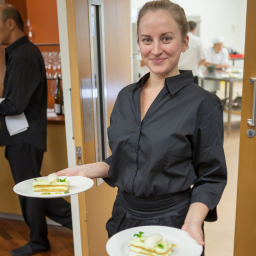New NZQA Micro-Credentials
We shine the light on the best New Zealand has to offer in terms of fresh ingredients, transformed into outstanding cuisine, exceptional wines and beverages, our spectacular scenery captured by so many memorable tourism experiences, yet as nation, we still struggle to understand and tell this story.
With NZQA approval for 13 micro-credentials, the New Zealand School Food and Wine hopes to inspire and attract new people to jobs in hospitality, wine and tourism and also enhance wider community understanding of our food and beverage story.
We export food and wine to the world, yet pride in this achievement is often lacking by our own communities.
There is a crisis right now because job-seekers, including school leavers, are being pushed into other industries especially the building trades. There is a perfect storm of government incentives paid to employers, along with negative counsel from career advisors and families warning young people off seeking careers in hospitality and tourism. This is resulting in a critical lack of workers.
In developing this suite of short, part-time micro-credentials that range from classic cooking to food and beverage history to food costing and digital marketing, we are seeking to inspire people to dip their toes into our sector, even if they are currently working or studying elsewhere.
In addition, these micro-credentials enable people already employed to develop new skills and craft new talents but to also signal that this career pathways is valid, diverse and on-going. Just look at our food heros, like Peter Gordon and Annabel Langbein, now in their 60s, with a tremendous backstory.
From the various lockdowns, we know that people find joy in cooking and that people are curious to develop new talents in the kitchen; that wine and cocktails are cool and fun; that an important part of any tourism destination is the food and beverage offering whether as a winery cellar door experience or paddock to plate cuisine.
Online Options
Online study options are embedded in many of the short programmes, enabling people from around the country to study about New Zealand wine or learn how to write an electronic newsletter or find out more about our food history.
The micro-credentials are equally suitable for the consumer; the food and wine lover who just wants to learn more. In building broader community understanding and respect for the food and beverage culture of Aotearoa-New Zealand, inevitably we will see more people attracted to work in our sector. That is the shared goal of these new programmes.
Denim, but make it one-of-a-kind 💙
Not every pair of jeans makes it to the rack... but that doesn’t mean their story ends there. Our talented volunteer Annie has been transforming damaged denim into handcrafted bags, hats and aprons in our Onehunga SPCA Op Shop ✂️🧵
This latest batch even features her own hand-sewn designs, and customers have been loving them, they sell almost as soon as they hit the shelf!
It’s creativity, sustainability and community all stitched together, helping animals in need 🐾
📍 217 Onehunga Mall, Onehunga
🕘 9am–5pm, 7 days
Poll: Is Auckland’s economy improving?
The latest reporting from The Post suggests a wave of optimism for 2026. With interest rates finally heading south, businesses are feeling more positive. But for many on the ground, the real-world recovery feels a bit like a slow-moving commute on Auckland's motorways.
We want to know: Are you seeing signs of Auckland's economy improving in your industry or neighbourhood? Whether it's busier shops, new projects kicking off, or just a shift in the mood ...

-
0% Yes
-
0% No
-
100% A little
🧩😏 Riddle me this, Neighbours…
I am an odd number. Take away a letter and I become even. What number am I?
Do you think you know the answer?
Want to stop seeing these in your newsfeed? No worries! Simply head here and click once on the Following button.














 Loading…
Loading…




